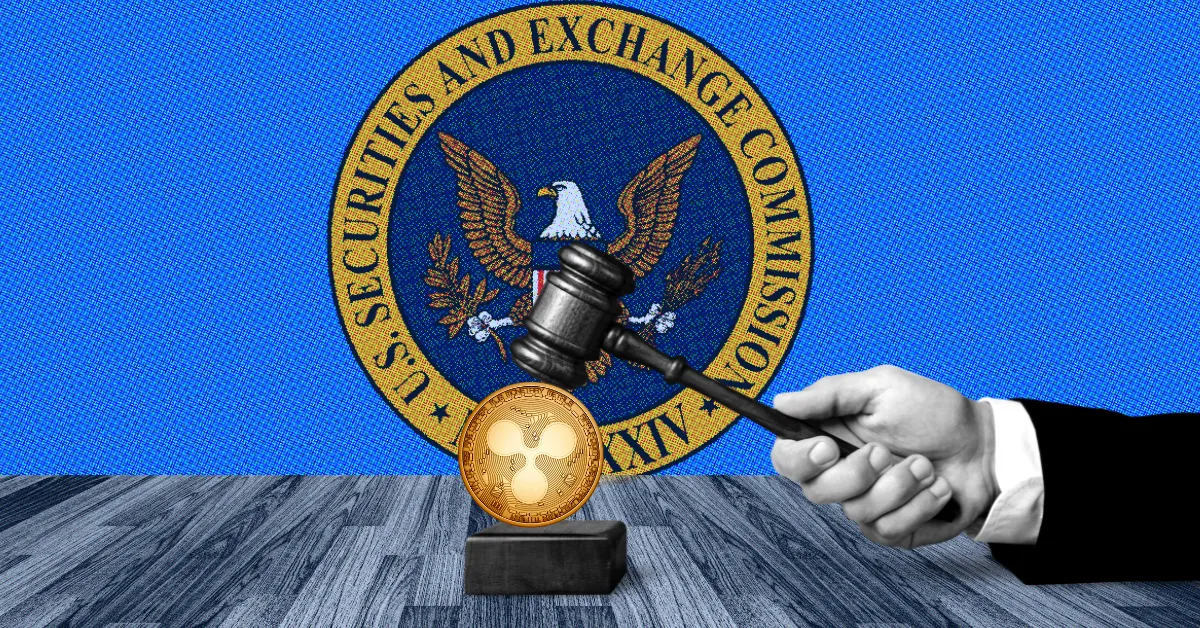
The United States Court of Appeals for the Second Circuit has set new boundaries on the Securities and Exchange Commission’s (SEC) power to seek disgorgement. This decision is under scrutiny as Ripple’s legal battles provide a backdrop for discussing the appropriate scope of regulatory enforcement.
The Govil Decision: A Turning Point for SEC Enforcement
The case against Jignesh Govil has become a focal point in discussions about the SEC’s authority to enforce disgorgement. A recent tweet by Ripple’s Chief Legal Officer, Stuart Alderoty, highlights the repercussions of this decision in an already heated debate on the SEC’s recent losses and its implications for ongoing litigations.
A cornerstone of the decision is the requirement for the SEC to prove actual financial harm to investors before claiming disgorgement. This aligns with the Supreme Court’s ruling in Liu v. SEC, which ties disgorgement closely to the direct restitution for the victims of fraud.
Amidst the legal discussions, tweets from Bill Morgan, an Australian lawyer, and Steven Nerayoff, former Ethereum adviser, have sparked a detailed debate on the interpretation of fraud and the potential consequences for institutional investors involved with Ripple’s XRP.
Assessing Harm to XRP Holders
Morgan’s skepticism about evidence of financial harm to XRP institutional investors challenges the SEC’s actions. He humorously remarks on the swift nature of XRP transactions through Ripple’s On-Demand Liquidity (ODL) service, negating the potential for pecuniary harm.
Nerayoff’s assertions lead the conversation toward the actions of the SEC itself. He suggests that agency-induced pecuniary harm could occur through arbitrary and capricious actions, putting the agency’s methods under legal question and raising the issue of “qualified immunity” for agency officials.
Morgan and Nerayoff engage in a back-and-forth over whether the SEC’s invitation for companies to discuss their business models could constitute a misleading act if the intent were indeed to sue rather than assist these companies. They dissect the elements of fraud, insinuating that the SEC’s approach could have been dishonest — an allegation that, if proven, may substantially shift the legal battleground.
Jeremy Hogan, a legal commentator, takes a positive view of the implications for Ripple. He suggests that XRP holders who bought at lower prices were not financially harmed and, hence, Ripple’s liability might be constrained.
Source: coinpedia.org
